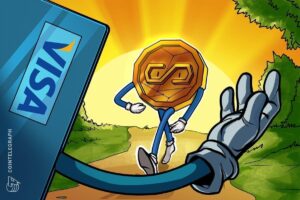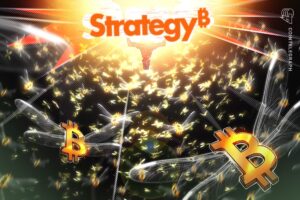Can Tokenized Equities on Robinhood or Kraken Ever Achieve True Decentralization?

Tokenized stocks have experienced significant growth in recent years, allowing investors to trade fractions of traditional equities on the blockchain. Platforms like Robinhood and Kraken now offer this feature, raising questions about the true degree of decentralization of these stocks. While blockchain technology aims to eliminate intermediaries, these platforms often rely on centralized structures to manage issuance and trading. Users depend on these companies to safeguard digital assets and execute transactions, significantly limiting the extent of decentralization. Genuine decentralization necessitates a more transparent and truly decentralized system where assets are controlled independently of any single entity. This might involve utilizing more sophisticated decentralized finance (DeFi) protocols that enable peer-to-peer trading without the need for central authorities. However, regulatory and legal uncertainties should be clear when considering these alternatives. Furthermore, ensuring the security of the blockchain infrastructure is paramount, as any vulnerabilities could lead to significant losses for investors. Overall, while tokenized stocks on Robinhood and Kraken provide some advantages in terms of accessibility and efficiency, they still fall short of true decentralization. Achieving a genuinely decentralized system requires further innovation and technological advancements, as well as a robust regulatory framework to protect investors.




